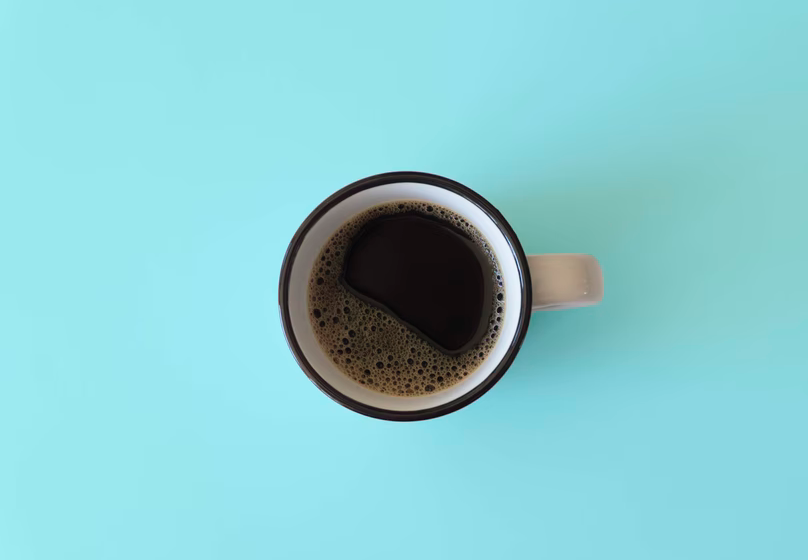For many people, starting the day without a cup of coffee is unthinkable. Do you believe that the caffeine in your morning coffee can keep you energized? Probably not, because a recent study suggests that the morning caffeine rush may be all in your head.
Researchers in Portugal assessed whether morning coffee-induced alertness came from the caffeine or from the coffee experience. Then they found that drinking coffee may have more of a placebo effect.
“Coffee is widely expected to improve alertness and psychomotor function. When you better understand the mechanism behind a biological phenomenon, you open up avenues to explore what might modulate it, and even the potential benefits of that mechanism,” Nuno said. Susa, corresponding author of the study from the University of Minho in Portugal, said in an article Press Releases.
During the study, participants who typically drank at least one cup of coffee per day were evaluated after abstaining from eating or drinking any caffeinated beverages for at least three hours. The research team performed two functional MRI scans on the participants — one before the study and one 30 minutes after consuming caffeine, or drinking a standard cup of coffee.
The researchers expected that MRI scans of coffee drinkers would show increased brain activity in certain regions. They analyzed the prefrontal cortex — the brain region associated with executive memory — and the default mode network associated with self-reflection and introspection.
When evaluating the MRI scans, the researchers found that participants who drank coffee or consumed caffeine had reduced connectivity in the default mode network, which helps them transition from rest to task-oriented work.
Coffee-drinking participants showed increased connectivity in the brain’s higher-order visual network and right executive control network, which are associated with working memory, cognitive control, and goal-directed behavior. However, the researchers did not observe this enhanced connectivity when the participants consumed only caffeine.
The researchers suggest that coffee’s benefits over caffeine may lie in the distinct aroma, taste, or psychological expectations associated with the drink.
“Given that some of the effects we found were reproduced by caffeine, we can expect other caffeinated beverages to have some effects as well. However, other caffeinated beverages are specific to coffee drinking and are affected by coffee’s specific Driven by factors such as smell and taste of the beverage, or the psychological anticipation associated with drinking that beverage,” said the study’s first author, Maria Pico-Pérez of the University of Jaume I explain.
The study has certain limitation, because it has not yet tested whether the benefits claimed by coffee drinkers may be due to relief from withdrawal symptoms. The observed changes in brain connectivity were found during the resting state sequence.
Published by Medicaldaily.com


